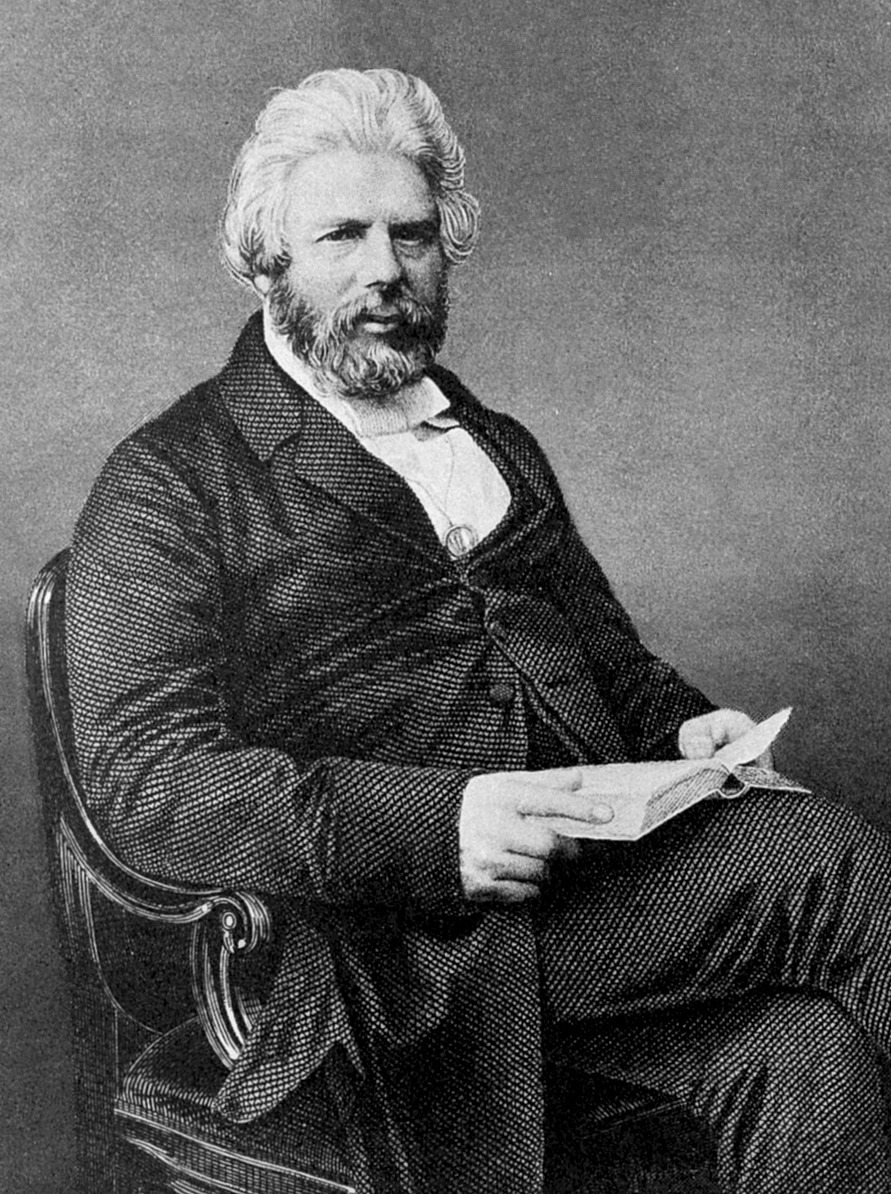Robert Chambers frases e citações
Robert Chambers: Frases em inglês
Robert Chambers, Chambers's Information for the People (1875) Vol. 2 https://books.google.com/books?id=vNpTAAAAYAAJ
Fonte: Vestiges of the Natural History of Creation (1844), p. 388
Fonte: Testimony: its Posture in the Scientific World (1859), p. 2
Fonte: Vestiges of the Natural History of Creation (1844), p. 294
Fonte: Vestiges of the Natural History of Creation (1844), p. 320
Fonte: Vestiges of the Natural History of Creation (1844), p. 250
Fonte: Sanitary Economy (1850), p. 13
Fonte: Vestiges of the Natural History of Creation (1844), p. 205
Fonte: Testimony: its Posture in the Scientific World (1859), p. 9
Fonte: Testimony: its Posture in the Scientific World (1859), p. 1-2
Fonte: Vestiges of the Natural History of Creation (1844), p. 60
Fonte: Testimony: its Posture in the Scientific World (1859), p. 14
Fonte: Vestiges of the Natural History of Creation (1844), p. 293
Fonte: Vestiges of the Natural History of Creation (1844), p. 195
Fonte: Vestiges of the Natural History of Creation (1844), p. 305
Fonte: Vestiges of the Natural History of Creation (1844), p. 388
Fonte: Vestiges of the Natural History of Creation (1844), p. 204-205
Fonte: Vestiges of the Natural History of Creation (1844), p. 61
Contexto: Ascending to the next group of rocks, we find the traces of life become more abundant, the number of species extended, and important additions made in certain vestiges of fuci, or sea plants, and of fishes. This group of rocks has been called by English geologists, the Silurian System, because largely developed at the surface of a district of western England, formerly occupied by a people whom the Roman historians call Silures.
Fonte: Vestiges of the Natural History of Creation (1844), p. 154
Fonte: Vestiges of the Natural History of Creation (1844), p. 390
Chambers and his brother William were both born with this condition. Robert was made lame by the operation to remove the sixth digits from his feet.
Fonte: Vestiges of the Natural History of Creation (1844), p. 282-283
Fonte: Vestiges of the Natural History of Creation (1844), p. 278-279
Fonte: Vestiges of the Natural History of Creation (1844), p. 152
Fonte: Vestiges of the Natural History of Creation (1844), p. 20
Fonte: Vestiges of the Natural History of Creation (1844), p. 197
Fonte: Vestiges of the Natural History of Creation (1844), p. 6-7
Fonte: Vestiges of the Natural History of Creation (1844), p. 212
Fonte: Vestiges of the Natural History of Creation (1844), p. 153
Fonte: Vestiges of the Natural History of Creation (1844), p. 30
